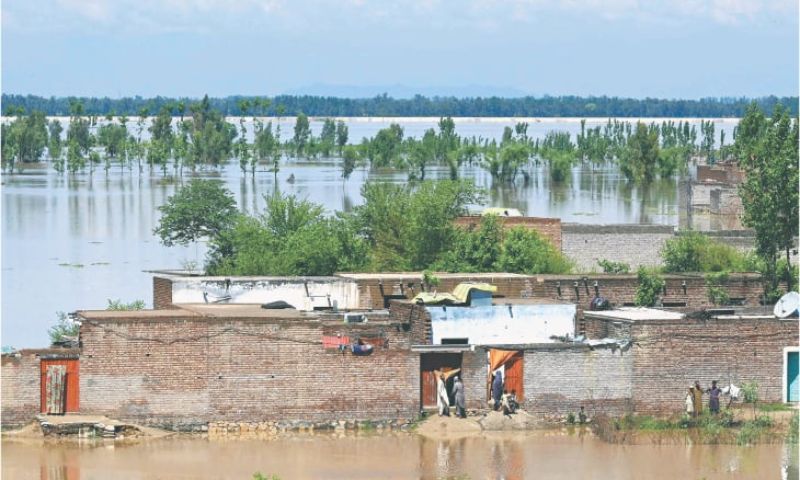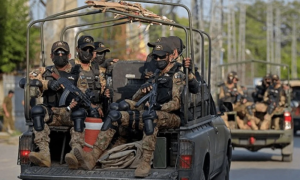ISLAMABAD: The World Bank (WB) has pledged $2 billion to assist the Government of Pakistan in recovering from the 2022 floods, with $1.55 billion allocated for new projects. However, disbursements for housing reconstruction in Balochistan have not yet begun, as confirmed by World Bank officials during a media briefing on flood recovery initiatives.
World Bank Country Director Najy Benhassine stated that this $2 billion commitment was made during the Donors Conference in Geneva in 2023 to support the Pakistani government’s flood response. To date, over $2 billion has been made available through a three-pronged strategy: Immediate Response, Reconstruction and Rehabilitation, and Building Resilience.
Benhassine detailed the funding allocations: $454 million from existing projects, along with $277 million for immediate response, $177 million for reconstruction and rehabilitation, and $1.55 billion designated for new initiatives focused on reconstruction and resilience. Notably, $213 million of the new funding is earmarked for Balochistan, while Sindh has received substantial support, including $500 million for reconstruction and housing, $40 million for health, $147 million for social protection, $98 million for agriculture, and $50 million for reconstruction efforts in Khyber Pakhtunkhwa.
In response to questions, World Bank officials acknowledged that disbursement for housing reconstruction in Balochistan has not yet started, with only 104 accounts opened out of an estimated 250,000 to 280,000 affected individuals.
They said that while implementation arrangements are in place, the process has taken longer than expected. In contrast, progress in Sindh has been faster, with $22 million disbursed for housing reconstruction and a total of $270 million allocated to flood-affected individuals thus far.
The Country Director also highlighted the necessity for more concessional loans for low-income countries. Regarding the Sindh Flood Emergency Housing Reconstruction Project, which has a budget of $500 million, officials explained that it aims to provide resilient, multi-hazard housing reconstruction for affected core units in selected districts of Sindh.
The Asian Development Bank (ADB) and the Islamic Development Bank (ISDB) have also pledged $400 million and $200 million, respectively, with 935,000 bank accounts already established.
For the Sindh Flood Emergency Rehabilitation Project, also funded at $500 million, the objectives include rehabilitating damaged infrastructure, providing temporary livelihood opportunities in flood-affected areas, and enhancing the Government of Sindh’s capacity to respond to climate change and natural disasters.


























